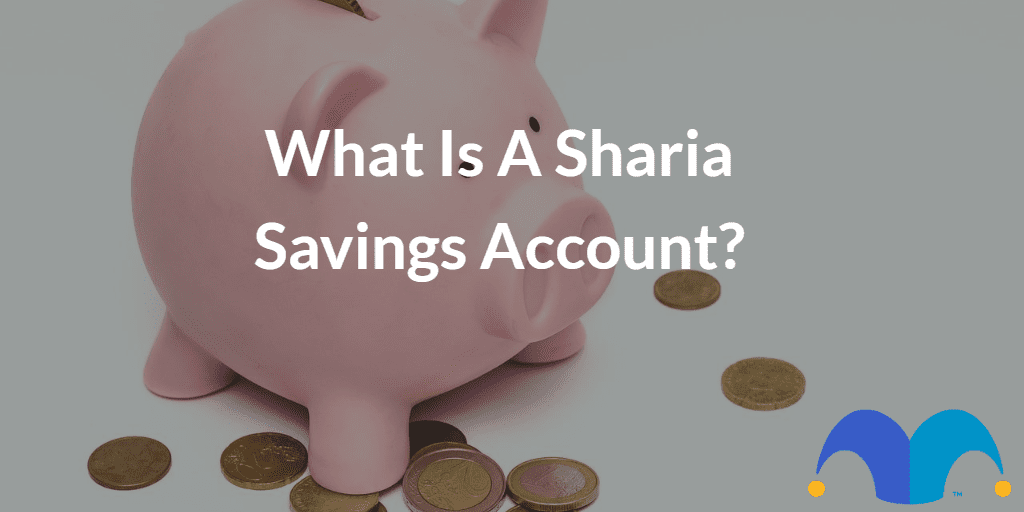If you’ve ever looked into the top-rated savings accounts out there, you’re likely to have come across a Sharia account. But what is a Sharia savings account? And is it a good idea to save in one? Let’s take a look.
What is a Sharia savings account?
This type of account works in much the same way as a normal savings account. The key difference is that a Sharia account cannot pay any interest, as it follows Islamic banking principles.
According to Islam, interest is deemed ‘riba’, and such practice is forbidden. It’s the reason why followers of Islam are strongly against the idea of getting into debt.
As a result of these principles, most Islamic banks offer a Sharia account in order to cater to savers. It’s an account that pays an ‘expected profit rate’ rather than interest.
An expected profit rate, as the name suggests, means that the rate of return isn’t guaranteed. However, in almost all circumstances, an Islamic Bank will deliver its expected rate to customers.
Which Islamic Banks offer a Sharia account?
In the UK, there are a number of Islamic Banks offering Sharia accounts. Some of the most well-known include Al Rayan, Qatar Islamic Bank (QIB) and Gatehouse Bank.
The types of Sharia products vary between banks, but both easy access and fixed options are usually available.
It’s worth knowing that Sharia accounts are often near the top of savings best-buy tables, as their expected profit rates are usually very competitive compared with interest rates on normal accounts.
Who can open a Sharia account?
You don’t have to be a follower of Islam to be able to open a Sharia account. The accounts are available to everyone. So if you see a Sharia account at the top of a savings best-buy table, you may wish to consider opening one.
Is a Sharia accounts as safe as normal savings accounts?
Savings accounts offered by banks with a UK licence have full FSCS protection. That means that if your banking provider goes bust, you will get your money back, up to a limit of £85,000.
Importantly, this £85,000 limit applies to each banking institution, so if you have more than this saved in a bank that shares its FSCS protection with another, you may not be covered for all of it. For more information, see our article on everything you need to know about FSCS protection.
A Sharia account, just like a normal savings account, can qualify for FSCS protection as long as the bank has a UK banking licence.
If you’re looking to open a Sharia account, you can check whether the provider is a member of the compensation scheme on the FSCS website.
How can I earn the highest return on my savings?
Whether you’re happy to open a Sharia account or prefer to stick to normal savings accounts, there are a number of things to bear in mind before opening a savings account.
Firstly, it’s important to understand which type of savings account best suits your needs. For example, if you need access to your money within a year, it’s best to look at easy access accounts.
On the flip side, if you’re happy to lock away cash, it’s probably better to open a fixed savings account, as returns generally beat easy access options.
For more information on how you can maximise the return on your cash, see our article on the highest interest rate you can earn on your savings.
